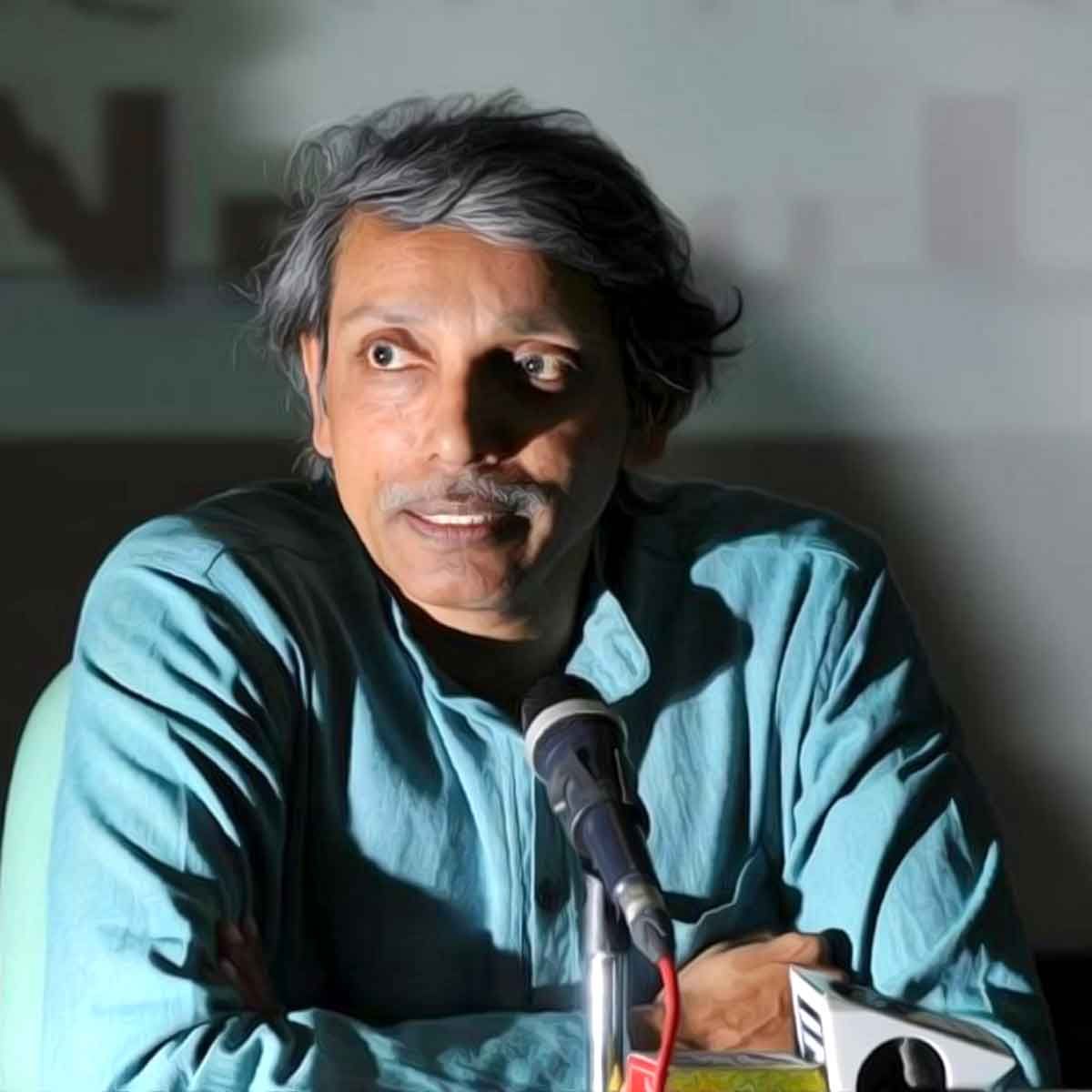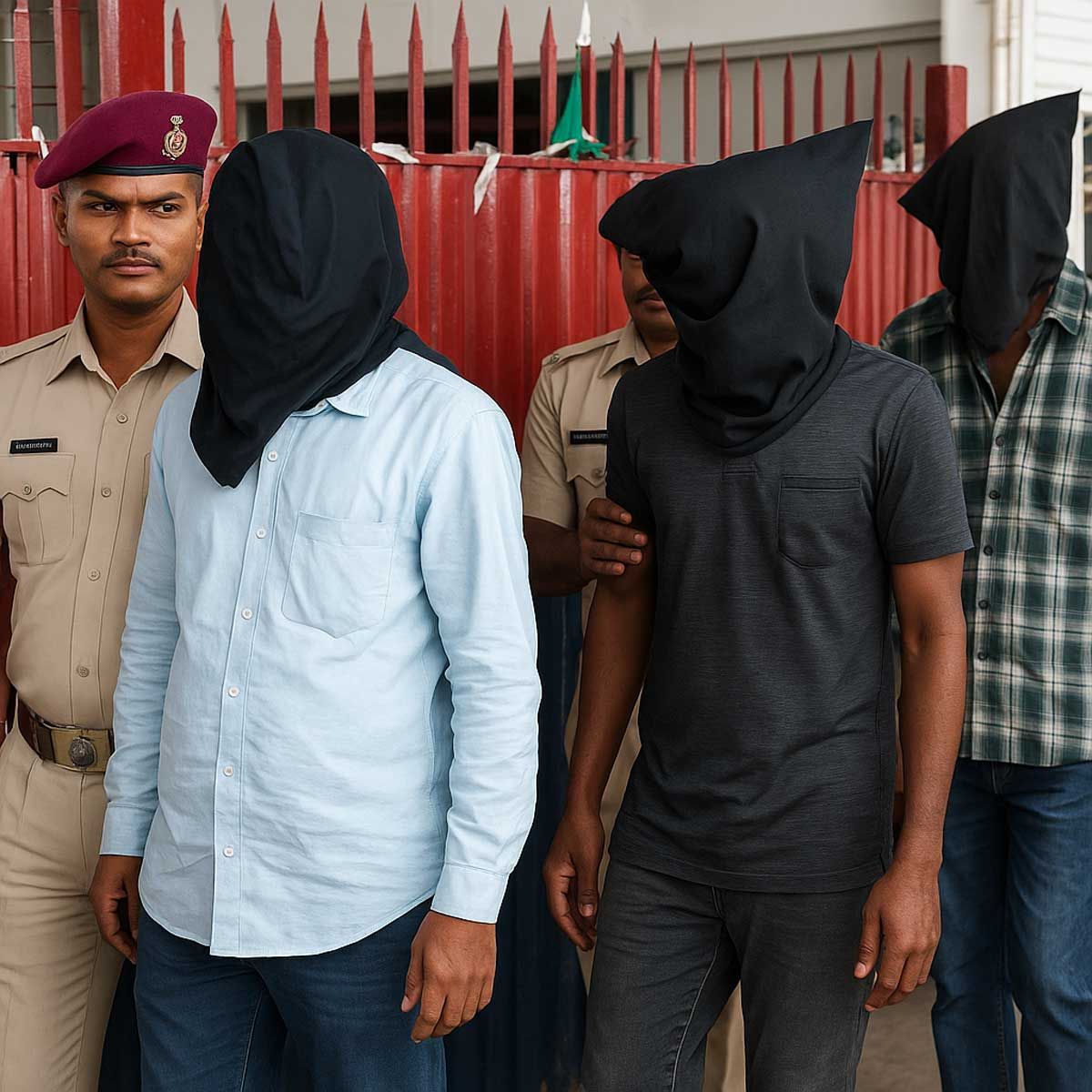More Coverage
Twitter Coverage
Satyaagrah
Written on
Satyaagrah
Written on
Satyaagrah
Written on
Satyaagrah
Written on
Satyaagrah
Written on
JOIN SATYAAGRAH SOCIAL MEDIA
"Twice a year, new frontier": Starting in 2024, Indian universities will transition to biannual admissions, revolutionizing higher education by offering flexible entry points and aligning India's academic standards with the world's top educational systems

On June 11th, a significant shift in the admissions process for Indian universities was announced by the University Grants Commission (UGC). Starting from the 2024-25 academic year, universities and higher education institutions across India will be permitted to conduct admissions twice annually. This change aligns India's admission procedures more closely with those observed in many international universities.
|
The introduction of biannual admissions, authorized by the UGC, opens new avenues for Indian students. According to UGC Chief Jagadesh Kumar, the new system will feature two distinct admission cycles: one in July-August and another in January-February. This adjustment aims to provide greater flexibility and increased opportunities for students seeking higher education.
Traditionally, Indian universities and colleges have adhered to a single admission cycle, primarily occurring in July-August. This structure has governed the academic session that typically commences in July-August and concludes in May-June of the following year.
In a statement to the press, Jagadeesh Kumar highlighted the benefits of this new system, noting, "If Indian universities can offer admission twice a year, it will benefit many students such as those who missed admission to a university in the July-August session due to a delay in the announcement of board results, health issues, or personal reasons.” This move by the UGC is poised to alleviate some of the pressures faced by students who, under the previous system, might have had to wait an entire year to apply if they missed the single admission window due to unforeseen circumstances.
He added, "If Indian universities can offer admission twice a year, it will benefit many students such as those who missed admission to a university in the July-August session due to a delay in the announcement of board results, health issues, or personal reasons."
Kumar further explained that adopting a biannual admission system, similar to practices common in universities worldwide, could significantly enhance the scope of international collaborations and student exchange programs for Indian higher education institutions. "As a result, our global competitiveness will improve, and we will align with the global educational standards," he emphasized.
|
One potential challenge identified by Kumar in implementing such a system is the availability of adequate resources. He stressed that only those institutes which possess the necessary infrastructure and are capable of reorganizing their resources effectively might be able to adopt this biannual admission approach seamlessly. He reiterated the potential benefits, stating, "As a result, our global competitiveness will improve, and we will align with the global educational standards."
Notably, the UGC has not mandated the biannual admission system. Higher Education Institutions (HEIs) and universities have the option to continue operating under a single admission cycle as they currently do. Kumar highlighted the implications of adopting a biannual system, saying, "If HEIs adopt biannual admissions, they need to work on administrative intricacies, good planning for increased use of available resources, and providing seamless support systems for the smooth transition of students admitted at dissimilar times of the year. HEIs can maximize the usefulness of biannual admissions only when they sufficiently prepare faculty members, staff, and students for the transition."
This approach allows HEIs the flexibility to assess their capability and readiness to implement such a change without imposing a uniform requirement across all institutions. The voluntary nature of this system ensures that each institution can tailor their admission strategy to best fit their unique circumstances and capabilities.
Interestingly, biannual admissions for open and distance learning (ODL) and online modes were already permitted by the UGC starting in January and July of the previous academic year. Reflecting on the impact of this policy, Kumar provided specific enrollment figures to illustrate its success. He noted, "After UGC allowed biannual admissions last year, HEIs informed on the UGC portal that a total of 19,73,056 students enrolled in July (regular cycle) and an additional 4,28,854 students joined in January 2023 in ODL and online programs." This represents a substantial increase, with around 22% more students taking advantage of the additional admission period, marking a notable boost for the institutions involved.
The data underscores the potential benefits of a more flexible admissions process, suggesting that similar results could be achieved in traditional academic programs if HEIs decide to adopt the biannual system. This shift could lead to increased educational access and continuity, catering to a broader range of student needs and schedules.
|
Mixed reaction from universities
While the UGC's decision to allow biannual admission cycles has been seen as a progressive step for enhancing student access to higher education, it has also been met with mixed reactions from universities. Many institutions have expressed reservations, pointing out that the existing academic structures may not be fully equipped to support such a significant adjustment. An unnamed official from Delhi University highlighted these concerns in a conversation with the Hindustan Times, stating, "We are dependent on the Common University Entrance Test (CUET), which is conducted around May. UGC has not given any clear guidelines on whether the January admission cycle will happen through CUET or through entrance exams."
In response to these concerns, UGC Chief Jagadesh Kumar clarified the position of the commission, emphasizing that it will be up to the individual universities to determine how they want to structure their admission processes under the new system.
Amity University Vice Chancellor Balvinder Shukla, while supportive of the University Grants Commission's decision for biannual admission cycles, also shared some reservations concerning the readiness of Indian institutions to adopt this new system effectively. He voiced his concerns, stating, "There are a lot of things to consider before jumping into a decision. Moreover, school academic sessions and the beginning of college admissions are aligned in a certain way. There is a possibility that applications during the January cycle will be very low."
|
Experts in the field of education, however, see the move towards biannual admissions as a strategic alignment with the National Education Policy (NEP), which aims to elevate Indian higher education to global standards. They acknowledge that while the implementation of such a system will require careful and meticulous planning, it ultimately aligns with international educational practices and could significantly enhance the global competitiveness of Indian universities.
These experts added that this adaptation is "in sync with the National Education Policy (NEP) and will only bring us closer to international standards," highlighting the potential long-term benefits of embracing a more flexible and inclusive admission system. The dialogue between educational leaders and policymakers will be crucial in addressing these challenges and ensuring a smooth transition that maximizes the benefits of biannual admissions for all stakeholders.
 Support Us
Support Us
Satyagraha was born from the heart of our land, with an undying aim to unveil the true essence of Bharat. It seeks to illuminate the hidden tales of our valiant freedom fighters and the rich chronicles that haven't yet sung their complete melody in the mainstream.
While platforms like NDTV and 'The Wire' effortlessly garner funds under the banner of safeguarding democracy, we at Satyagraha walk a different path. Our strength and resonance come from you. In this journey to weave a stronger Bharat, every little contribution amplifies our voice. Let's come together, contribute as you can, and champion the true spirit of our nation.
 |  |  |
| ICICI Bank of Satyaagrah | Razorpay Bank of Satyaagrah | PayPal Bank of Satyaagrah - For International Payments |
If all above doesn't work, then try the LINK below:
Please share the article on other platforms
DISCLAIMER: The author is solely responsible for the views expressed in this article. The author carries the responsibility for citing and/or licensing of images utilized within the text. The website also frequently uses non-commercial images for representational purposes only in line with the article. We are not responsible for the authenticity of such images. If some images have a copyright issue, we request the person/entity to contact us at This email address is being protected from spambots. You need JavaScript enabled to view it. and we will take the necessary actions to resolve the issue.
Related Articles
- “Any Indian national or Overseas Citizen of India with educational qualifications acquired in Pakistan will not be eligible for employment in India": UGC and AICTE urge students not to travel Pakistan for higher education
- NCPCR sought an explanation over 824 out of 1,027 Govt schools not having principal: AAP leaders, including CM Arvind Kejriwal, had targeted Gujarat schools in view of upcoming state assembly elections
- "Love over fear, always": From Kashmir's Kulgam, where AK-47s once echoed, 21-year-old Muneeb Amin Bhat shines bright, transitioning from conflict to Apple's Hall of Fame, Kulgam's symbol of evolution, highlighting the triumph of talent over turmoil
- 'Resign In Disgrace and Retire with Remorse': Presidents of Harvard, UPenn, and MIT face public condemnation, accused of shamefully overlooking 'calls for genocide of Jews' on campuses. A storm of controversy brews, demanding accountability and change
- "Convert to Islam or die under the weight of the sword of Islam, Allahu Akbar”: Fifteen schools in Bengaluru receive bomb threats via email, demanding conversion to Islam, purportedly from a terrorist organization; police dismiss it as a ‘hoax message’
- History, tainted by biases, conceals the valor of Hemu—a Hindu king & military genius in medieval India, orchestrating 22 victories, he reshaped history at the Battle of Panipat, his strategic brilliance defied odds, leaving indelible mark on the warfare
- When Secular Nehru Opposed Restoration Of Somnath Temple - The Somnath Temple treachery
- "Nak-Kati-Rani": Defying Shah Jahan, Rani Karnavati of Garhwal inflicted unprecedented humiliation on the Mughal army, cutting off their noses; her invincible spirit remain unsung in mainstream history, overshadowing the grand tales of emperors
- NCERT turns woke with sex-interested contributor Vikramaditya Sahai pushing gender jargon on children: How LGBT activists are calling legitimate criticism of a public figure ‘transphobia’
- Hindus need temples today more than ever and here is why
- "You tell a big enough lie and tell it frequently enough, it will be believed": 'The Beautiful Tree' by Dharampal establishes that Britishers learned about establishing schools from India, Collector AD Campbell copied gurukul for mass education in Europe
- "System at Harvard along with the ideology that grips far too many of the students and faculty is evil": Rabbi Wolpe's resignation from Harvard's antisemitism board unveils a disturbing reality, shedding light on deep-seated issues within the institution
- When Nehru ignored warnings from Sardar Patel and Sri Aurobindo and shocked USA President: Chinese Betryal and loss of centuries old ally
- Our first true war of independence lie forgotten within the fog of time and tomes of propaganda: Sanyasi Rebellion, when "renouncers of the material world" lead peasants in revolt against British and fundamentalist islamic clans
- "उसकी गलती क्या थी": In a devastating turn, 12-year-old Kintan Saraswat's aspirations to become an IAF officer were crushed under the weight of brutal bullying and grave medical neglect, propelling his shattered family into a relentless quest for justice




























